Address
4F.-1, No. 39,
Sec. 3, Zhongshan N. Rd.,
Zhongshan Dist., Taipei City
104029, Taiwan (R.O.C.)
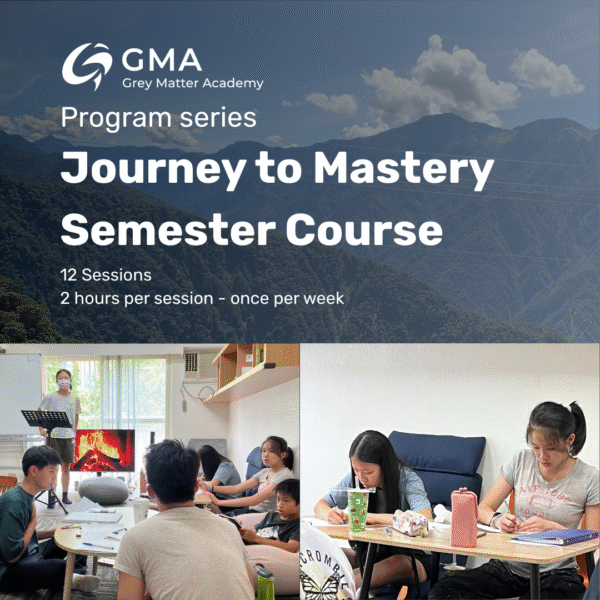
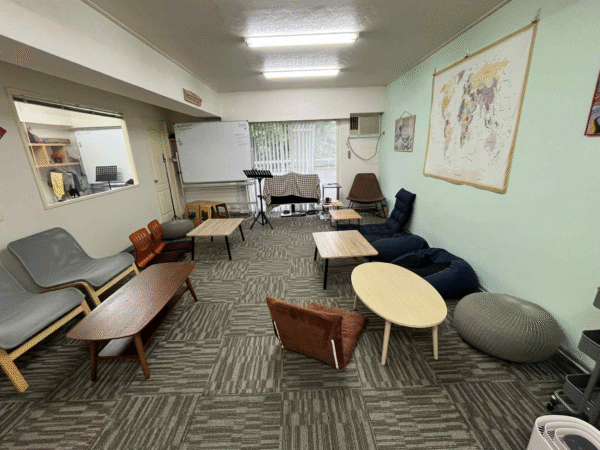
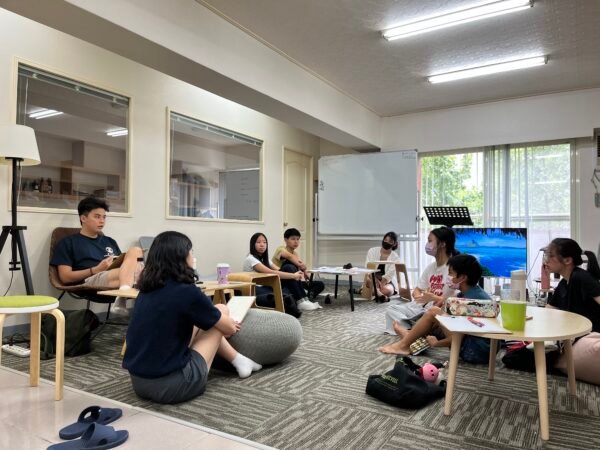
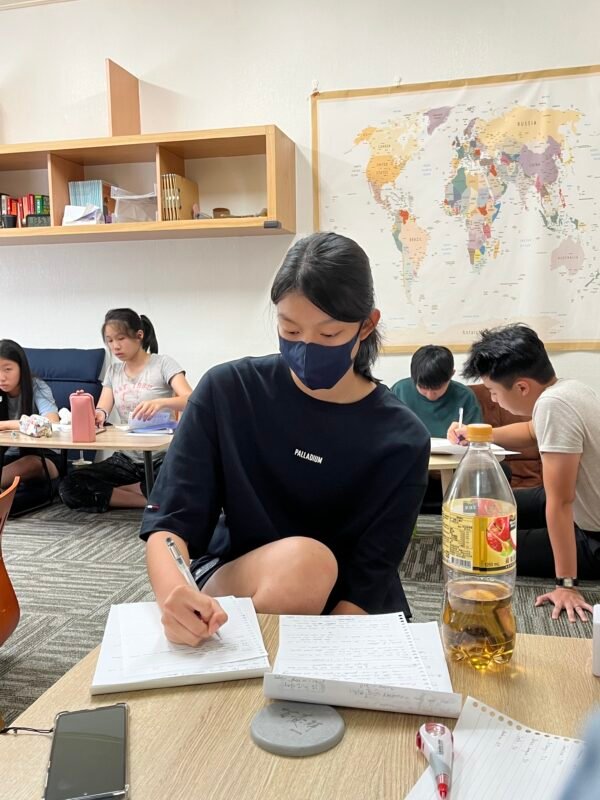
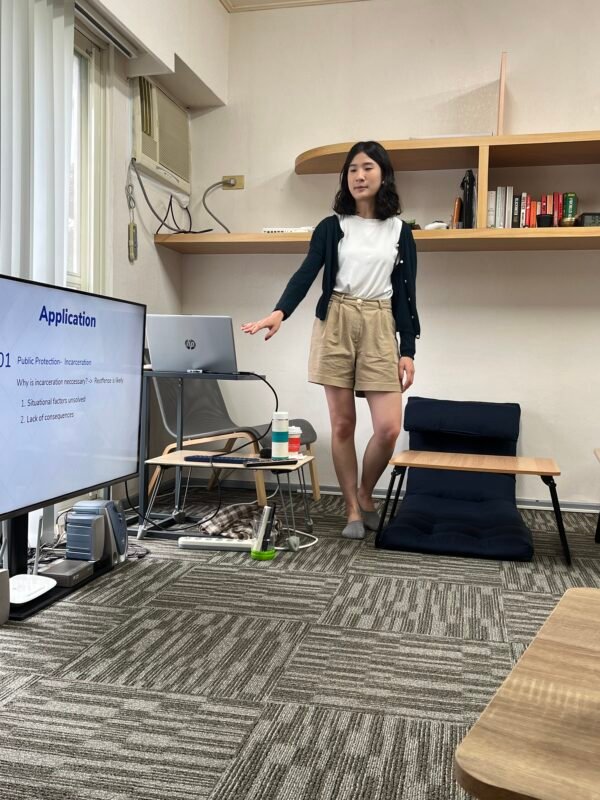
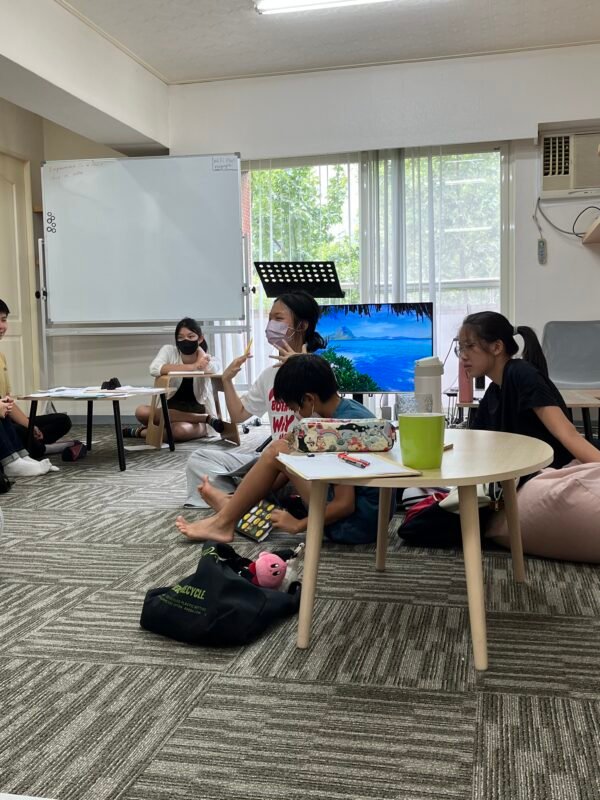
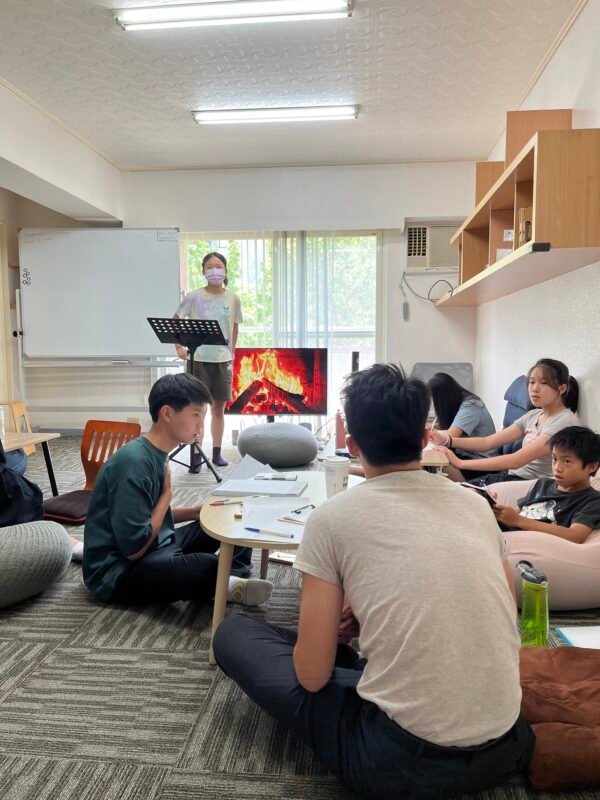
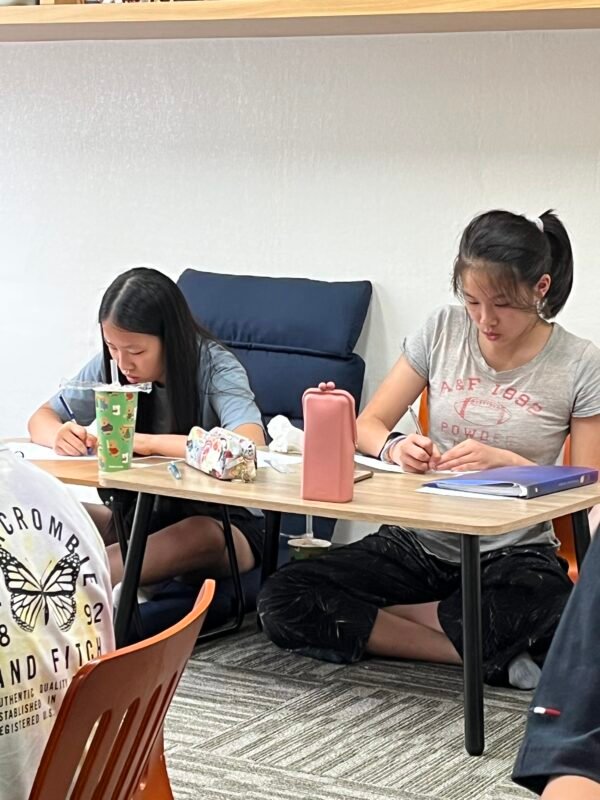
GMA Semester Debate Course | Regular Training
Original price was: NT$40,000.NT$35,000Current price is: NT$35,000.
Fee: NT$35,000 per person
Group Rate: NT$33,500 per person (2 or more)
- 12 sessions | 2 hours each | Once per week
- Regular mixed training sessions available on demand during weekdays
- Case editing for tournaments with prepared motions (e.g., TSDC, Paris World Schools Championship)
- Regular additional mixed training sessions during weekdays, hosted on demand
💫 NEW STUDENT ENROLLMENT PROCESS
-
The student’s legal guardian fills out the following inquiry form
-
Email or Line communication with a GMA coach to arrange in-person or online interview with the student
-
Coach recommends a suitable class and relevant training plans
-
Guardian completes payment to secure class slots
Tired Course Progression
Tier 1: Basic Debate – Foundation of Thoughts
Target Students: Beginners with little to no experience in debating.
Course Description:
This entry-level course is designed for students with little to no prior debate experience. It introduces the foundational skills of argumentation, public speaking, critical thinking, and structured communication. Emphasis is placed on building confidence and understanding the basics of formal debate formats.
Course Objectives:
- Understand the structure and purpose of formal debate
- Develop basic public speaking, research, and listening skills
- Learn to work in teams and speak with clarity
Debate Formats:
- Public Forum (primary)
- World Schools (light introduction)
- Require 2-4 minutes speech time per speaker with guided case preparation
Teaching Model:
Foundational Instruction & Core Skills
- 70% lectures and demonstrations (format understanding, reasoning structure, and speech organization)
- 30% structured practice (basic drills, mini-debates, group exercises)
Topics:
- Accessible, real-world topics such as education policy, social media, and voting rights
- Emphasis on relevance to students’ lived experiences
Competitive Exposure:
- 1–2 local, low-pressure competitions per semester
- Emphasis on mindset-building and experience over winning
Tier 2: Intermediate Debate
Target Students: Students with foundational experience in argumentation, critical analysis, and public speaking.
Course Description:
This course builds on foundational debate skills and introduces more complex arguments, refutation techniques, and stylistic elements. Students refine their ability to respond to opposing views and begin exploring broader policy and value-based topics.
Course Objectives:
- Strengthen argument structure and delivery
- Respond to opposing arguments with logic and evidence
- Begin preparing speeches independently
Debate Formats:
- World Schools (core format)
- Public Forum (light drills)
- Require 5-6 minutes speech per speaker and more independent prep without Internet access
Teaching Model:
Guided Development & Practice
- 50% instruction, 50% practice
- Argumentation and case development guide
- Case preparation with limited external help
- Structured spar rounds
- Argument and rebuttal drills
- Constructive case and personal feedback
Topics:
- Nuanced social, political, and economic topics such as state surveillance, environmental policy, and nationalism
- Introduction to abstract concepts with clear real-world applications
Competitive Exposure:
- 2–3 regional tournaments or school-level events per semester
- Mandatory participation in at least one event
Tier 3: Advanced Debate
Target Students: Experienced debaters with strong argumentative and analytical skills
Course Description:
This course focuses on deep analytical reasoning, strategic thinking, and advanced debate theory. Students engage with intellectually challenging motions and are expected to develop layered arguments, engage in rebuttal clashes, and refine persuasive style.
Course Objectives:
- Master case building, refutation, and clash
- Explore abstract, philosophical, and geopolitical issues
- Compete with minimal preparation and greater autonomy
Debate Formats:
- World Schools (primary)
- British Parliamentary (introduction)
- 7-8 minute speech time and preparation for impromptu rounds
Teaching Model:
Strategic Skill Application
- 30% lectures, 70% structured practice
- Content and skill lectures tailored to specific motion themes in class
- Sharpening strategic mindset in framing and weighing
- Speaker drills, practice rounds, and peer critique
- Emphasis on impromptu prep, POI (Points of Information), and judging techniques
Topics:
- Complex and abstract themes such as international relations, philosophy (e.g., utilitarianism vs deontology), identity politics, and economics
- Preparation includes background research and roundtable discussions
Competitive Exposure:
- 3 or more competitions per semester, including open or national-level events
- Students expected to compete regularly and begin mentoring lower-tier students
Tier 4: Select Debate – The Master’s Forge
Target Students: National- and international-level competitors
Course Description:
This elite-level course is intended for highly skilled debaters seeking to conquer national and international competition. The focus is on sharpening strategic depth, engaging with nuanced world issues, and performing under high-pressure conditions with minimal preparation time.
Course Objectives:
- Achieve fluency in argumentation across all formats
- Lead debates with strategic insight and persuasive style
- Mentor others and judge lower-tier rounds
Debate Formats:
- British Parliamentary (primary)
- World Schools (used for advanced strategy and variation)
- Full-length speeches with real-time adjudication and feedback sessions
Teaching Model:
Performance-Focused Mastery
- 20% seminar-style lectures (advanced motion analysis and team strategy, case study, adjudication training)
- 80% intensive sparring, live debates, tournament simulations
- Student-led content, including motion crafting, adjudication, and peer mentorship
Topics:
- Philosophical and multi-dimensional motions such as ethical dilemmas (e.g., moral relativism, state obligation), developmental models, and geopolitical crisis
- Emphasis on instantaneous, dynamic analysis and stakeholder impacts
Competitive Exposure:
- 4 or more high-level competitions per semester, including national and international circuits
- Encouraged to assist teaching or judge novice competitions
| Level | Introductory, Intermediate, Advanced, Select |
|---|

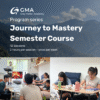







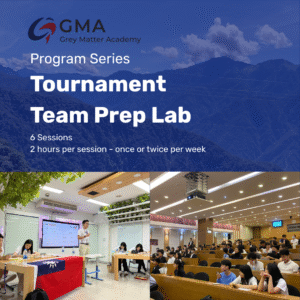
Reviews
There are no reviews yet.